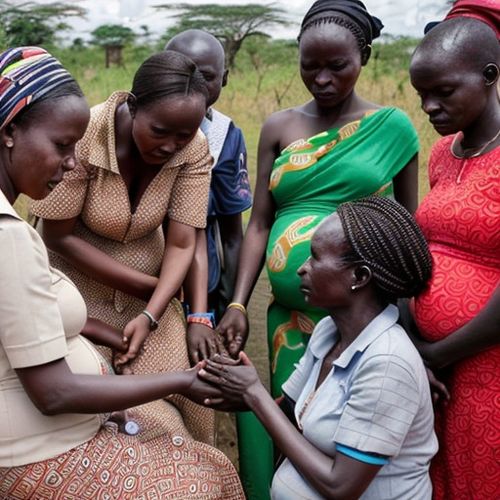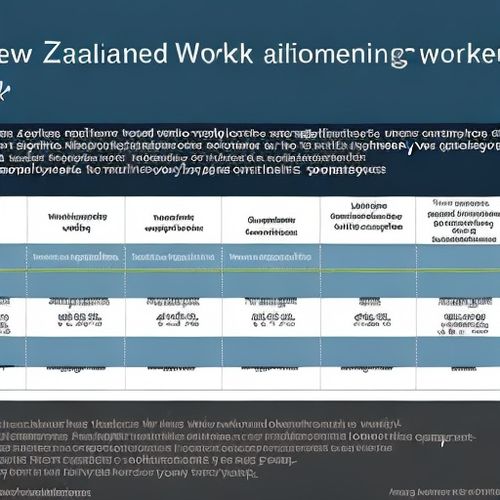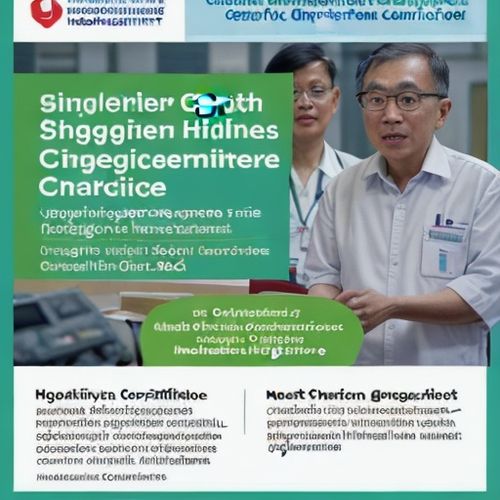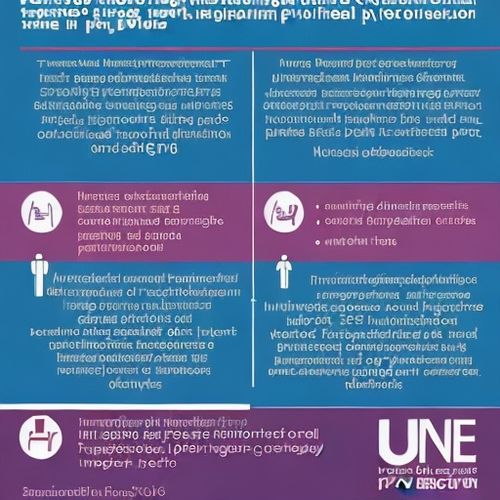The UK National Health Service (NHS) Diabetes Prevention Programme (DPP) represents one of the world's largest population-based initiatives targeting type 2 diabetes prevention. This structured lifestyle intervention programme has undergone comprehensive evaluation since its national rollout in 2016, providing valuable insights into large-scale preventive healthcare delivery.
Programme Structure
The NHS DPP offers a nine-month, group-based intervention focusing on weight management, physical activity, and dietary changes. Delivered by multiple providers across England, the programme incorporates evidence-based behaviour change techniques through face-to-face and digital delivery modes. Eligibility criteria identify high-risk individuals through NHS Health Checks and GP referrals.
Evaluation Methodology
Independent assessments have employed mixed-methods approaches including quantitative analysis of health outcomes and qualitative examination of implementation processes. Key metrics include HbA1c reduction, weight loss maintenance, and diabetes incidence rates. Comparative studies analyse outcomes against control groups and alternative interventions.
Clinical Outcomes
Longitudinal data demonstrates significant reductions in key diabetes risk factors among participants completing the programme. Metabolic improvements show particular strength in weight management parameters, with sustained effects observed beyond the intervention period. Glycaemic control measures indicate delayed progression to type 2 diabetes among high-risk populations.
Population Reach
The programme has achieved substantial scale while maintaining consistent delivery standards across diverse demographics. Uptake patterns reveal successes in engaging traditionally hard-to-reach groups, though certain socioeconomic disparities persist. Referral pathways continue evolving to optimise identification of at-risk individuals.
Implementation Challenges
Operational evaluations identify variability in delivery quality between providers. Programme adherence remains an ongoing concern, with dropout rates highlighting the difficulties of maintaining long-term lifestyle changes. Integration with primary care services requires continuous refinement to ensure seamless patient pathways.
Cost-Effectiveness
Economic analyses position the programme favourably compared to diabetes treatment costs, though precise return-on-investment calculations remain complex. Economies of scale have improved efficiency since initial implementation, while digital delivery options show potential for further cost optimisation.
Comparative Performance
Benchmarking against international diabetes prevention initiatives reveals both strengths and areas for improvement. The NHS model demonstrates particular advantages in healthcare system integration and standardised outcome measurement.
Future Developments
Programme enhancements focus on personalised intervention strategies and digital innovation. Emerging technologies enable more sophisticated risk stratification and remote monitoring capabilities. Plans for expansion consider broader metabolic health objectives beyond diabetes-specific prevention.
The NHS Diabetes Prevention Programme has established itself as an effective component of England's preventive healthcare infrastructure. While demonstrating measurable impact on diabetes risk factors, ongoing evaluation informs continuous quality improvement. The programme's evolution reflects the balance between standardised evidence-based practice and adaptable service delivery required for population-scale prevention initiatives. Its experience offers valuable lessons for global efforts to address the growing diabetes epidemic through healthcare system interventions.

By Emily Johnson/Mar 29, 2025

By Olivia Reed/Mar 29, 2025

By Benjamin Evans/Mar 29, 2025

By Jessica Lee/Mar 29, 2025

By Benjamin Evans/Mar 29, 2025

By Noah Bell/Mar 29, 2025

By Emily Johnson/Mar 29, 2025

By Grace Cox/Mar 29, 2025

By Megan Clark/Mar 29, 2025

By Sophia Lewis/Mar 29, 2025

By Joshua Howard/Mar 29, 2025

By Ryan Martin/Mar 29, 2025

By John Smith/Mar 29, 2025

By Megan Clark/Mar 29, 2025

By George Bailey/Mar 29, 2025

By Ryan Martin/Mar 29, 2025

By Benjamin Evans/Mar 29, 2025

By Emma Thompson/Mar 29, 2025

By Lily Simpson/Mar 29, 2025

By Amanda Phillips/Mar 29, 2025